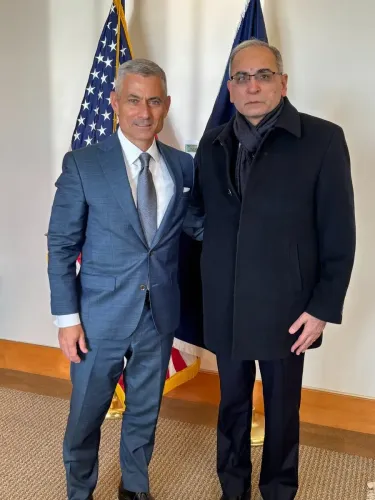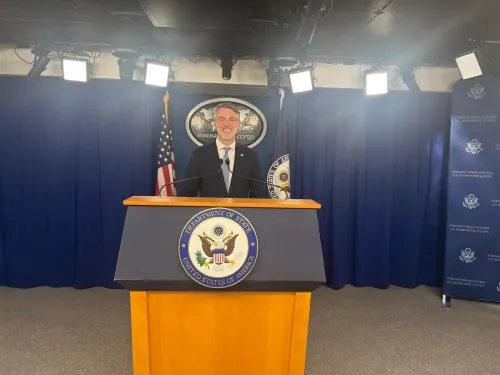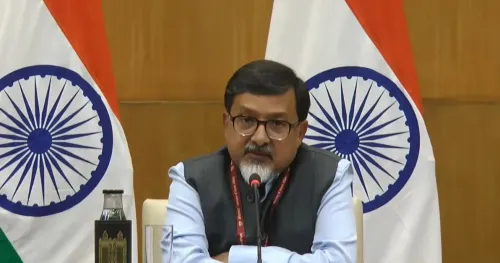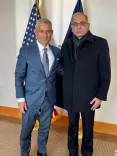Why Are Arab Leaders Calling for a Ceasefire in Gaza?
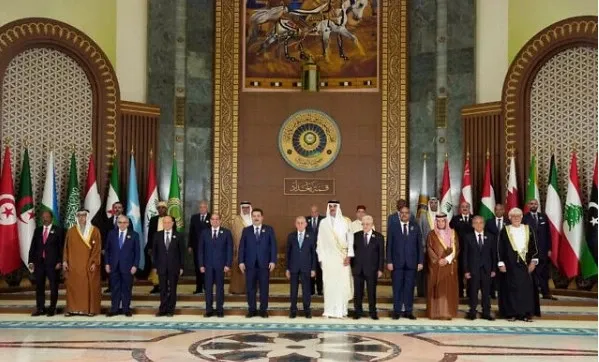
Synopsis
Key Takeaways
- Immediate ceasefire demanded by Arab leaders.
- Rejection of forced displacement of Palestinians.
- Call for unhindered humanitarian aid to Gaza.
- Support for the two-state solution.
- Condemnation of terrorism and violence.
Baghdad, May 18 (NationPress) Arab leaders have urgently called for a swift cessation of the conflict in Gaza and expressed their firm opposition to the forced displacement of Palestinians.
In the concluding statement of the 34th Arab League Summit, held in Baghdad, the leaders of the 22 member states demanded an immediate end to the hostilities that are worsening the suffering of civilians.
The statement urged the international community, especially influential nations, to meet their moral and legal responsibilities by advocating for a halt to violence and ensuring unimpeded humanitarian assistance to Gaza, as reported by Xinhua news agency.
They reiterated their condemnation of the forced displacement of Palestinians, which they deemed a violation of international law, the statement noted.
The leaders called on all nations to extend political, financial, and legal support for reconstruction plans in Gaza, welcoming Iraq's initiative to create a fund for this purpose.
They affirmed that the Palestinian issue is central to the Arab world and essential for regional stability, emphasizing their full support for the inalienable rights of the Palestinian people, including freedom, self-determination, and the establishment of an independent Palestinian state based on the borders of 1967, with East Jerusalem as its capital.
The statement condemned all illegitimate actions and practices by Israel that infringe upon the rights of the Palestinian people, depriving them of their rights to freedom, life, and dignity.
The leaders supported Palestinian President Mahmoud Abbas’ call for an international peace conference and actions towards implementing the two-state solution.
The summit also addressed various issues across the Arab world, such as Sudan, Lebanon, Syria, Libya, and Yemen, reiterating the leaders' condemnation of all forms of terrorism, particularly the acts committed by the Islamic State (IS) group.
The summit featured participation from leaders and high-ranking diplomats of 22 Arab League member states, along with representatives from regional and international organizations.
Trump’s meeting with Syria's interim President Ahmed al-Sharaa marked the first encounter between a US and Syrian leader in 25 years.
During this meeting, Trump encouraged Sharaa to join the Abraham Accords, which normalized relations between Israel and four Arab nations during his presidency.
Despite its reservations, Israel has allegedly been engaging in confidential discussions with Syrian officials regarding this possibility.
Sharaa confirmed last week that security-related discussions were taking place through intermediaries, but he did not elaborate on potential diplomatic ties.

